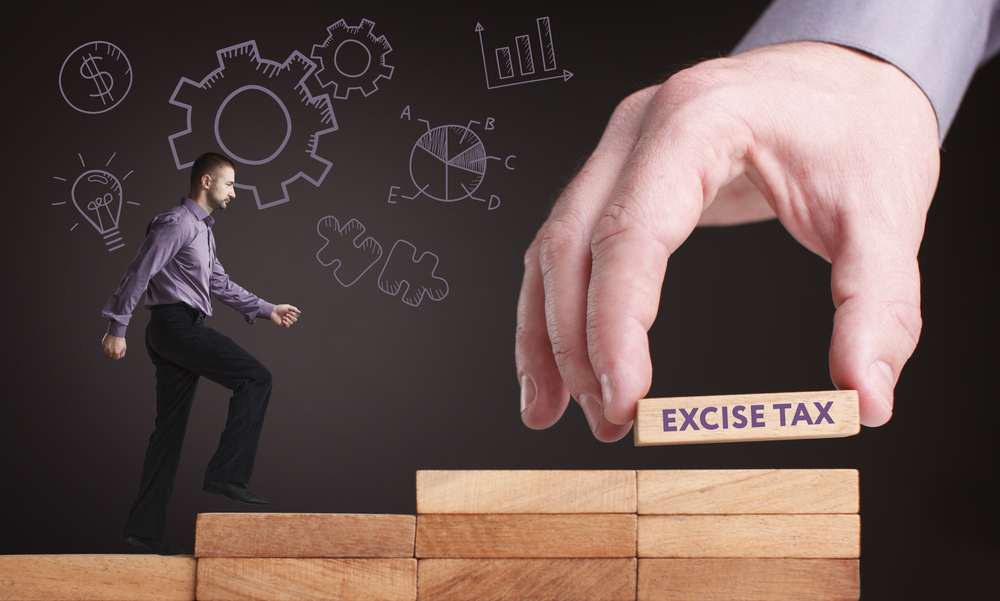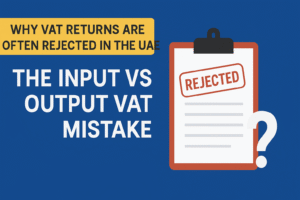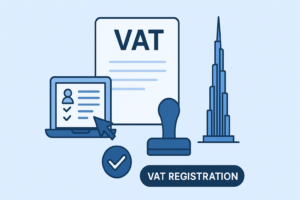Taxes are a part of everyday life, whether we realize it or not. Among the different types of taxes that governments impose, excise tax plays a significant role in generating revenue and regulating certain products. If you’ve ever purchased fuel, alcohol, tobacco, or even airline tickets, you’ve likely paid excise tax without noticing it.
For businesses, understanding excise tax is crucial to compliance, pricing strategies, and maintaining profitability. For consumers, knowing how excise taxes work helps explain why certain goods and services cost more. In this comprehensive guide, we’ll break down what excise tax is, how it works, examples, who pays it, and its impact on businesses and consumers.
What Is Excise Tax?
Excise tax is a government-imposed tax on specific goods, services, or activities. Unlike sales tax, which is applied broadly to most purchases, excise tax targets particular items. These items are often considered non-essential, luxury, or harmful to health and the environment.
Excise taxes can be included in the product’s price (hidden from consumers) or added at the point of sale. Governments use excise taxes both as a source of revenue and as a tool to discourage the use of certain products, such as cigarettes or alcohol.
Excise Tax vs. Sales Tax: Key Differences
Many people confuse excise tax with sales tax, but they are not the same.
- Sales Tax: A percentage of the total purchase price, applied to a wide range of goods and services.
- Excise Tax: Applied only to specific goods, often per unit (e.g., per gallon, per pack, or per ticket).
Types of Excise Taxes
Excise taxes fall into two main categories:
1. Specific Excise Tax
- Levied as a fixed amount per unit of a product.
- Example: $0.18 per gallon of gasoline in the U.S.
2. Ad Valorem Excise Tax
- Based on the product’s value, calculated as a percentage of the price.
- Example: 10% tax on indoor tanning services.
Common Examples of Excise Tax
Excise taxes are applied across different industries. Some common examples include:
- Fuel Excise Tax – Charged on gasoline and diesel to fund transportation infrastructure.
- Alcohol Excise Tax – Applied to beer, wine, and spirits to regulate consumption.
- Tobacco Excise Tax – Levied on cigarettes, cigars, and vaping products to discourage smoking.
- Airline Ticket Tax – Added to passenger airline tickets to support aviation programs.
- Luxury Goods Tax – Imposed on high-end products like expensive cars, jewelry, or yachts.
- Environmental Excise Tax – Applied to products or activities that harm the environment, such as carbon emissions.
Purpose of Excise Tax
Excise taxes serve multiple purposes beyond revenue collection:
- Government Revenue – Helps fund public services, infrastructure, and social programs.
- Discouraging Harmful Consumption – Higher prices discourage use of tobacco, alcohol, or sugary drinks.
- Environmental Protection – Taxes on carbon emissions or plastic bags promote eco-friendly alternatives.
- Regulation of Luxury Items – Ensures that luxury or non-essential products contribute more to government revenue.
Who Pays Excise Tax?
- Consumers: Ultimately, consumers bear the cost since excise taxes are included in product prices.
- Businesses: Companies collect and remit the taxes to the government, which adds to their compliance responsibilities.
- Manufacturers & Importers: In many cases, excise taxes are levied at the production or import stage, and the cost is passed on to buyers.
Impact of Excise Tax on Businesses
For businesses, excise taxes can significantly affect operations, pricing, and customer demand.
1. Increased Costs
Businesses selling excise-taxed goods may need to adjust pricing to account for the additional tax burden.
2. Compliance Requirements
Companies must accurately report and remit excise taxes to avoid penalties and legal issues.
3. Market Competitiveness
Higher prices caused by excise taxes may reduce demand, making it challenging to remain competitive.
4. Opportunities for Eco-Friendly Businesses
Environmental excise taxes can encourage innovation, such as investing in renewable energy or sustainable packaging.
Impact of Excise Tax on Consumers
For consumers, excise taxes mean:
- Higher Prices: Goods and services subject to excise taxes cost more.
- Reduced Consumption: Taxes discourage use of harmful or luxury items.
- Behavioral Changes: Some consumers may switch to healthier or eco-friendly alternatives to avoid higher costs.
Global Perspective on Excise Tax
Excise tax policies vary worldwide, depending on government priorities.
- United States: Federal and state excise taxes apply on fuel, alcohol, tobacco, and airline tickets.
- European Union: Standardized excise duties on energy, alcohol, and tobacco across member states.
- Developing Countries: Often rely heavily on excise taxes for government revenue due to limited income tax systems.
How Businesses Can Manage Excise Tax Effectively
For companies, handling excise taxes efficiently requires:
- Understanding Applicable Laws – Different regions have different excise tax rates and rules.
- Maintaining Accurate Records – Proper tracking of production, sales, and imports is essential.
- Using Tax Management Software – Automates compliance and reduces errors.
- Consulting with Tax Experts – Professional guidance ensures compliance and identifies cost-saving strategies.
Future of Excise Tax
With growing concerns over public health and climate change, excise taxes are expected to expand in the future. Governments may introduce new taxes on:
- Sugary drinks and fast food to fight obesity.
- Plastic products to reduce environmental pollution.
- Digital services as economies shift toward online platforms.
Final Thoughts
Excise tax is more than just a government revenue tool—it’s a way to shape consumer behavior, protect public health, and promote sustainability. For businesses, understanding excise taxes is essential to remain compliant and competitive. For consumers, recognizing excise taxes helps explain why certain products cost more and encourages smarter purchasing decisions.





